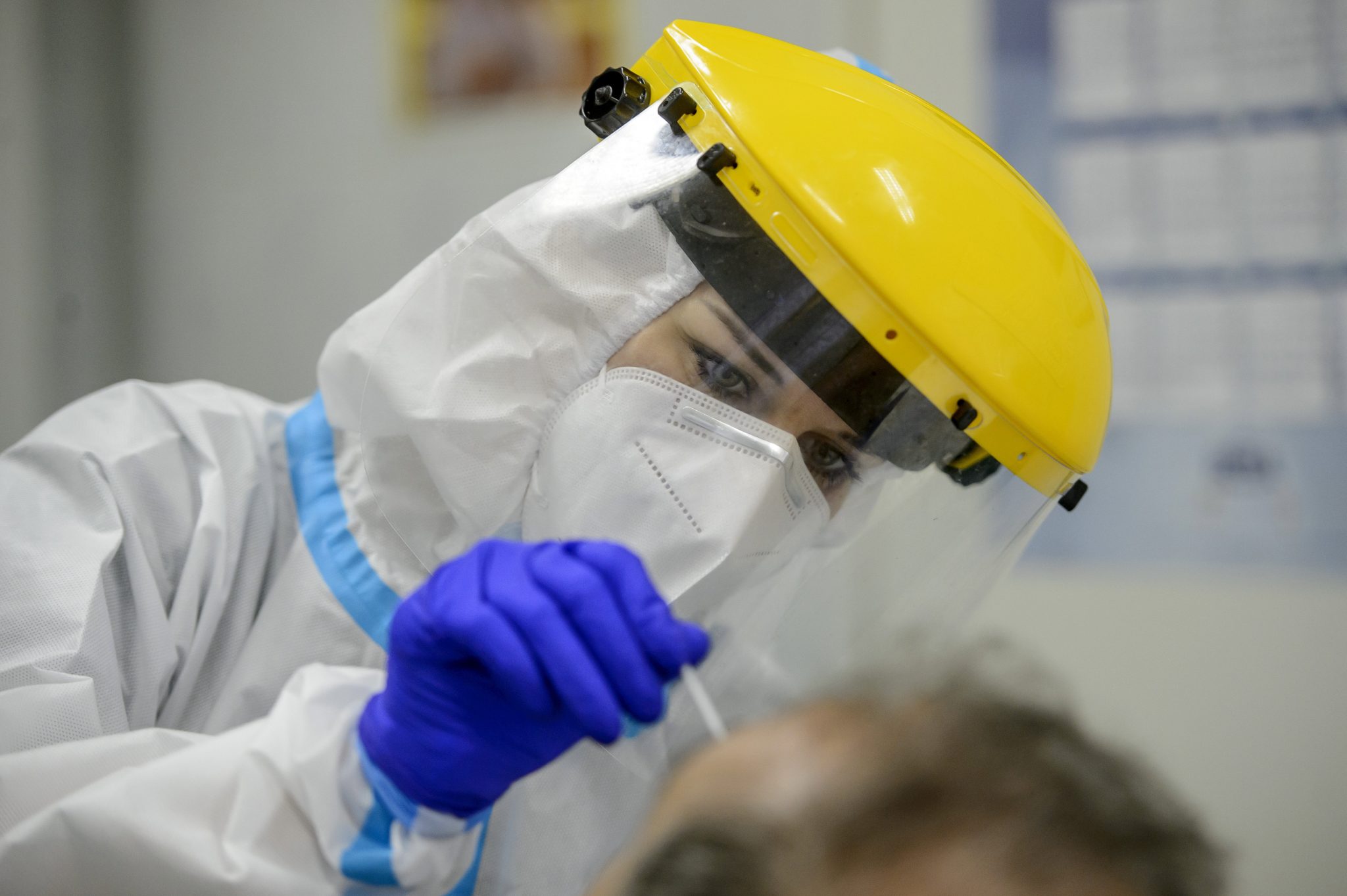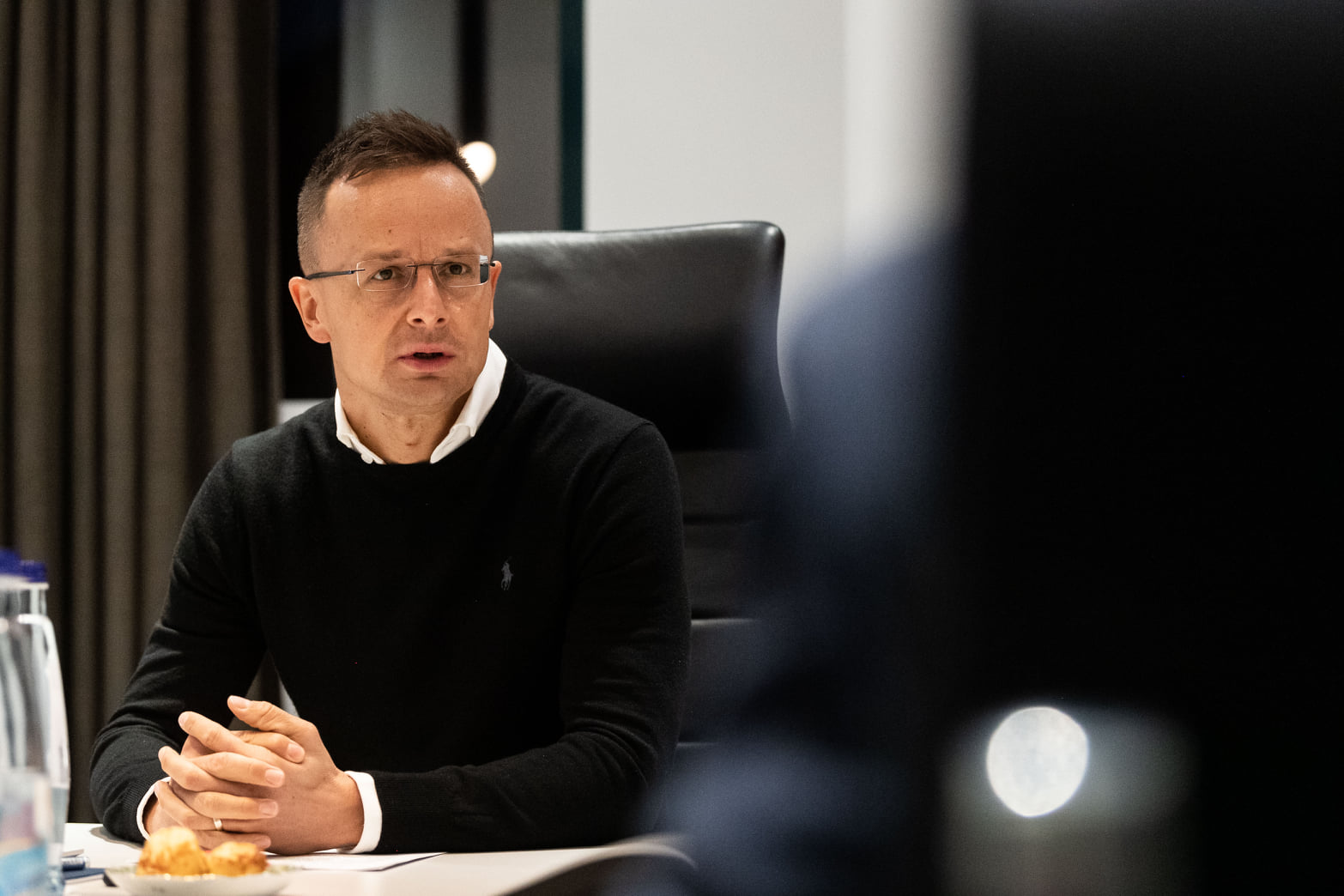
"Since most monkeypox patients did not contract the disease during a trip to Africa, the infection is concerning," infectologist János Szlávik said.Continue reading

The spread of monkeypox makes it crucial to uphold the professional and pragmatic operations of the World Health Organization, Foreign Minister Péter Szijjártó said on Monday, adding that politicisation of the WHO’s work could put lives in danger.
According to a ministry statement, Szijjártó told the 75th general assembly of the WHO in Geneva that though experts believed monkeypox was very different from coronavirus, it required caution. It is therefore important that the WHO approach the issue with the necessary level of expertise, he said.
If things are politicised even in the WHO, the world will not be able to prepare for this new epidemic, Szijjártó said, adding that even lives could be at risk.
The WHO will need to provide countries with the right recommendations so that the world can succeed in taking the fight to monkeypox and that it does not cause as severe a health-care, economic and social shock as the fight against the coronavirus pandemic did, he added.
Szijjártó underscored the importance of the WHO’s ability to uphold its professional, pragmatic and practical operations.
He pointed out that coronavirus was getting less attention than in the past even though it had not gone away and certain regions were still struggling with it.
Hungary has done its part in the global defence against the pandemic and in ensuring equal access to vaccines, Szijjártó said, noting that Hungary has donated over seven million doses of Covid vaccine to countries in need.
Szijjártó said the war in Ukraine also posed a serious threat to health care, noting that Ukraine and Russia were among the world’s top grain exporters and their exports were projected to fall significantly.
This could cause food shortages in poor African regions that are already in a difficult situation, leading to the emergence of new migration waves towards Europe, the minister said, warning of a potential “vicious cycle” of parallel global crises.
The emergence of new migration cycles would clearly increase the spread of the virus, he said.
Meanwhile, Szijjártó noted that Hungary has so far taken in 712,000 refugees from Ukraine. The Hungarian authorities have vaccinated the refugee children who had not received some of the most basic vaccines, he said. Also, Hungary has offered to treat wounded Ukrainian soldiers and has ensured special medical treatment for 130 children, he added.
Earlier in the day, Szijjártó met WHO Director General Tedros Adhanom Ghebreyesus and WTO Director General Ngozi Okonjo-Iweala.
Featured photo via Péter Szijjártó’s Facebook page